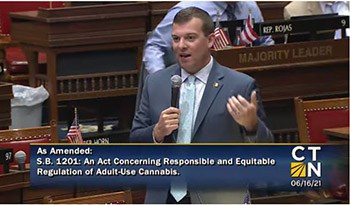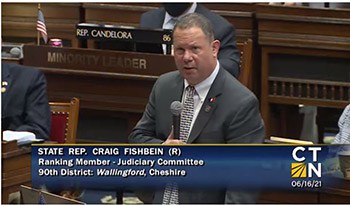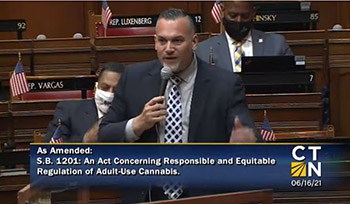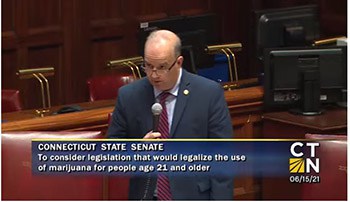A 21-year-old student from Thailand, Sirinda Jinparu, was traveling to the United States to accompany her 12-year-old sister to her stepfather when she was stopped at customs and arrested for an unpleasant misunderstanding.
Sirinda was detained in the Georgia Federal Detention Center for weeks after being arrested at airport customs on charges of possession of narcotics. The nasty case began when an Atlanta airport customs officer inspecting Sirinda’s bag found a massage oil marked “THC” and a blister pack of Thai herbal supplements with labels only in Thai. The main ingredient in the oil was CBD, it contained THC below the legal limit of 0.3% and is legally marketed and sold through well-known search engines. The Fah Talai Jone Herbal Extract is widely used in Thailand to strengthen the immune system against the corona virus and did not contain restricted plants or chemicals.
Customs detained Sirinda believing the oil contained THC and the pills contained cannabis and informed her that her visa was revoked. After she was sent to the local police department, the US immigration and customs authorities turned her away with a notice that she should be deported from the United States to Thailand immediately with a five-year ban. Her stepfather and birth father went to great lengths to claim their US citizenship. The unintended situation lasted four and a half weeks, during which Sirinda suffered from imprisonment and the inability to meet her family. The stepfather stated that Sirinda was sent back to Thailand on the 10ththe Juni and she was informed that her visa has been reinstated and can be picked up at the US embassy in Bangkok. A very uncomfortable move and the worthless worry for Sirinda and her family that resulted.
References:
[1] https://www.fox5atlanta.com/news/family-college-student-from-thailand-detained-in-immigration-detention-center-over-cbd-oil-and-vitamins
[2] https://www.gofundme.com/f/legal-assistance-for-sirinda-jinparu








